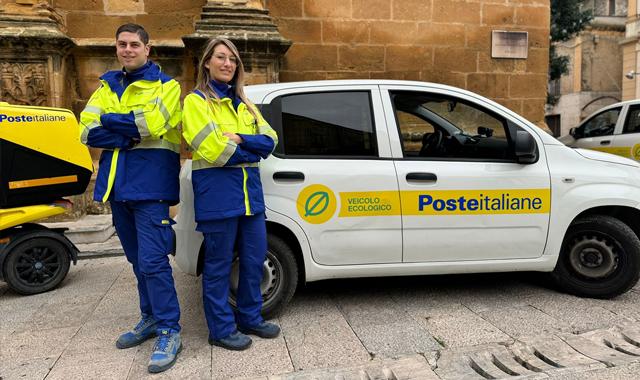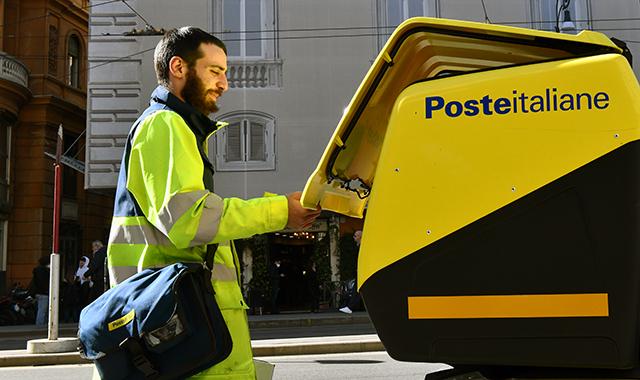Home page
On demand
Europa: al Cotec la Presidente Rovere presenta il modello Polis; Giubileo: in "gita" a Borgo Pio tra i fedeli che rendono omaggio a Papa Leone XIV; Salone del libro: Poste Italiane alla kermesse dell'editoria
In evidenza
Europa: la Presidente Rovere presenta al Cotec il “modello Polis”

Poste Italiane è stata l’unica azienda italiana invitata al summit, in virtù del ruolo cardine assunto all’interno del tessuto socioeconomico del nostro Paese
In primo piano
I più letti
Galleria Multimediale









































































































